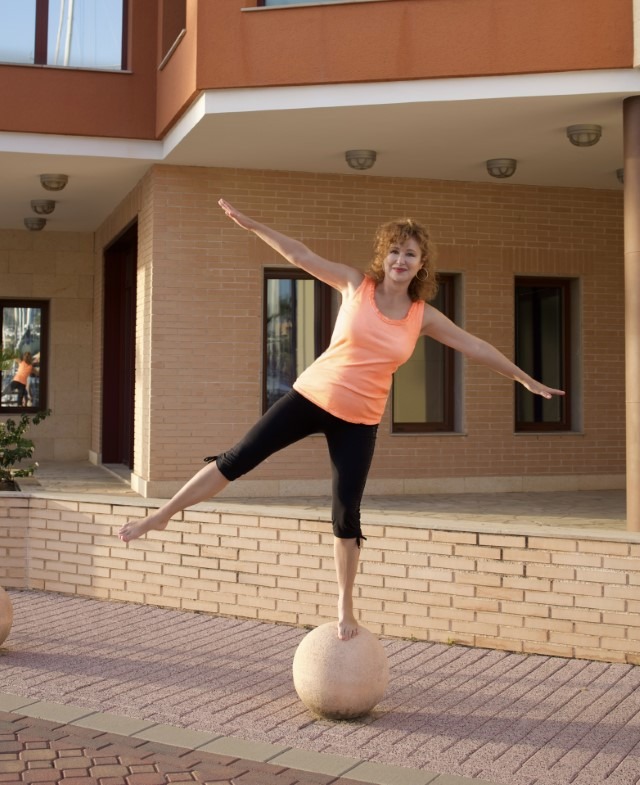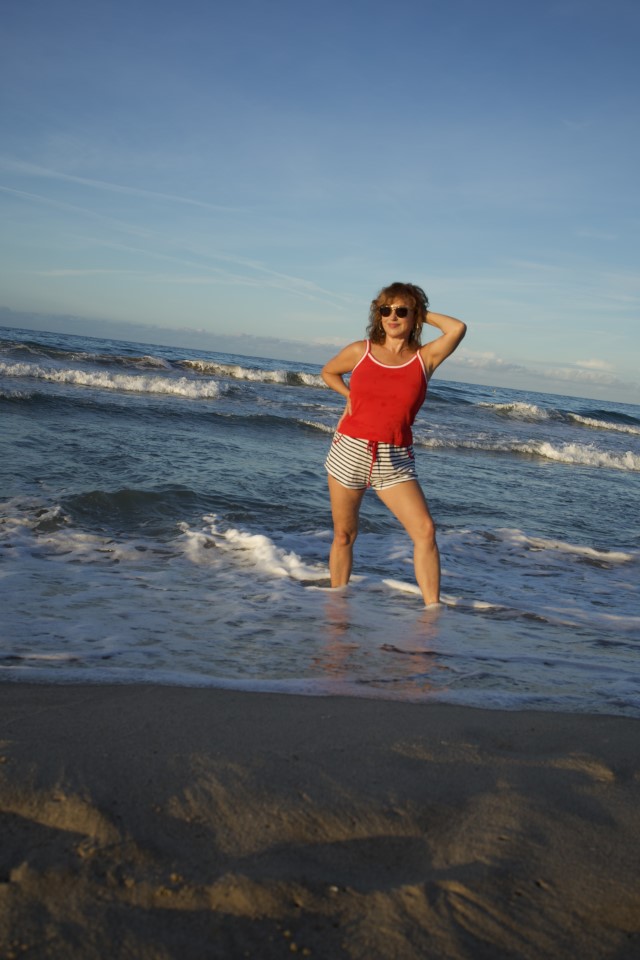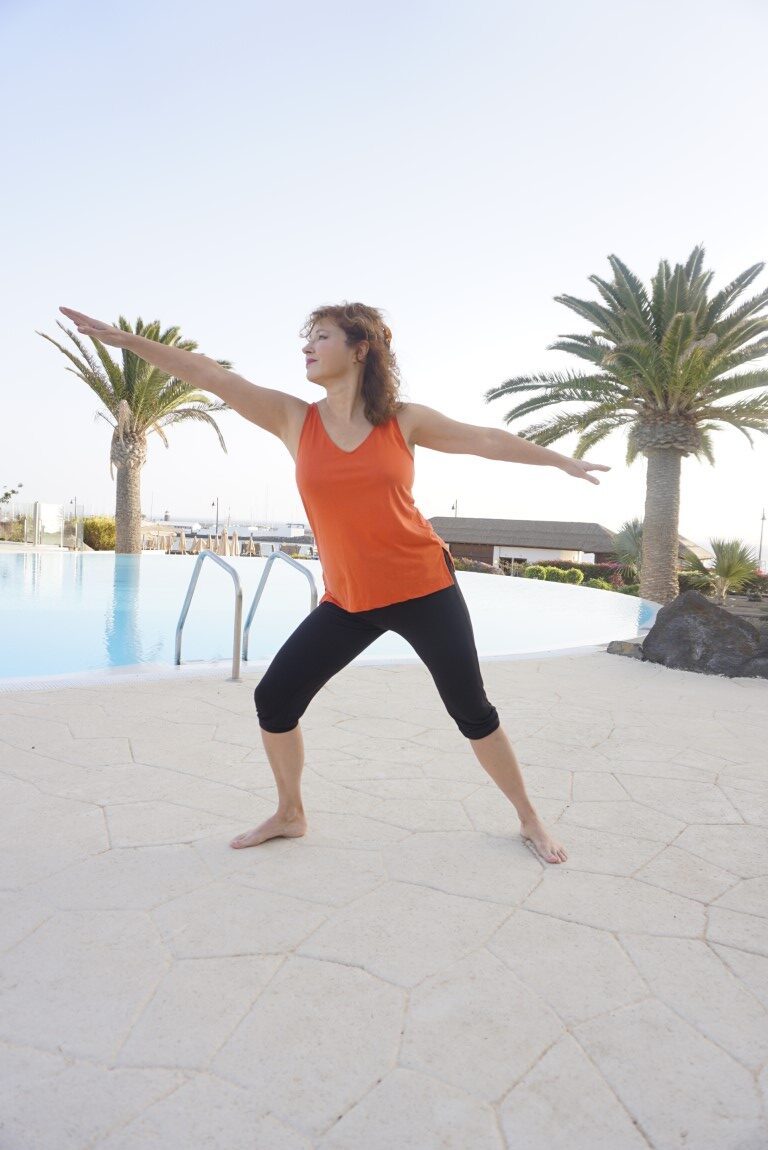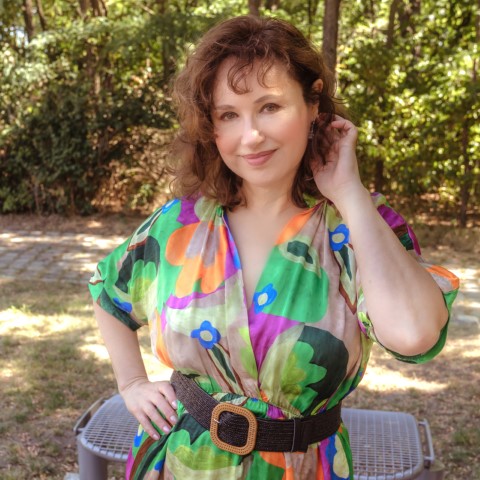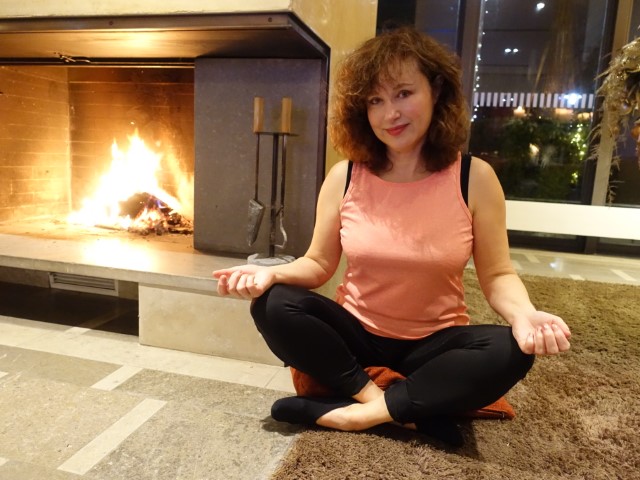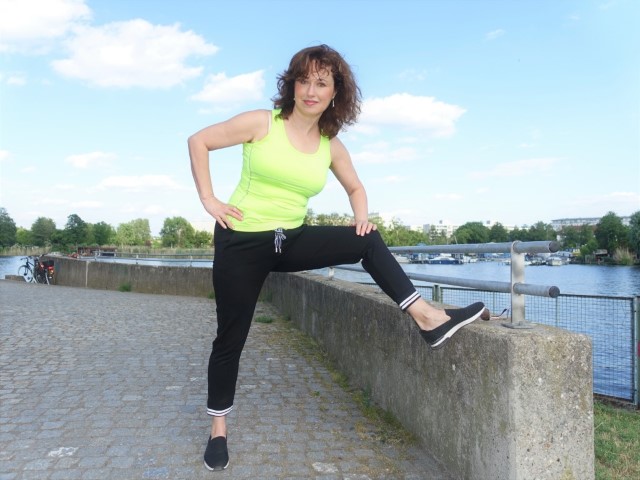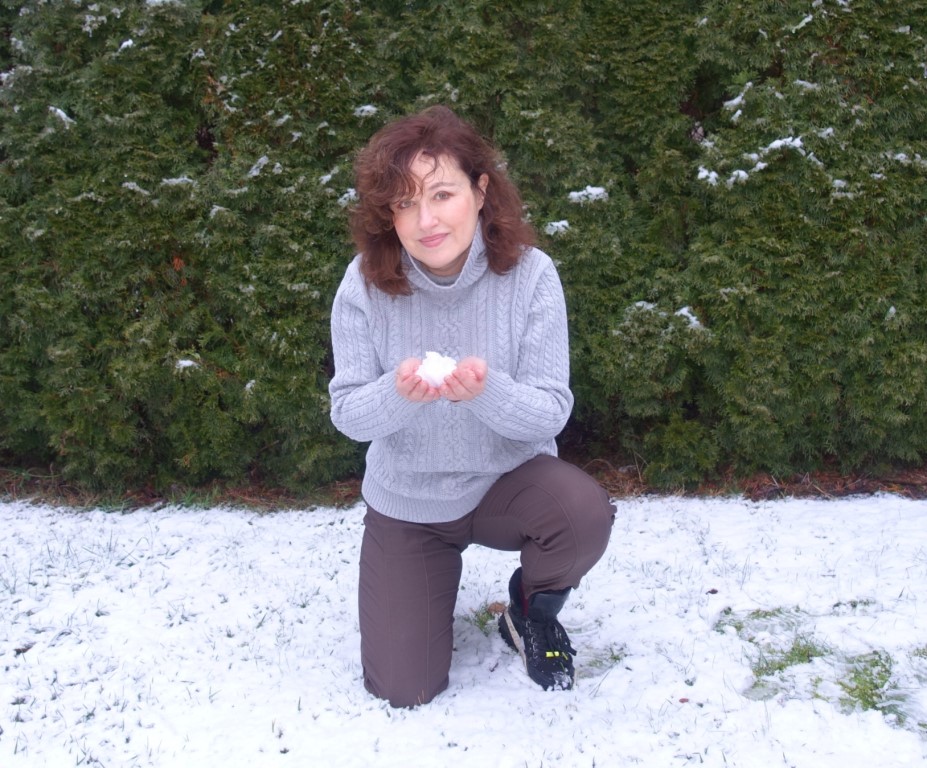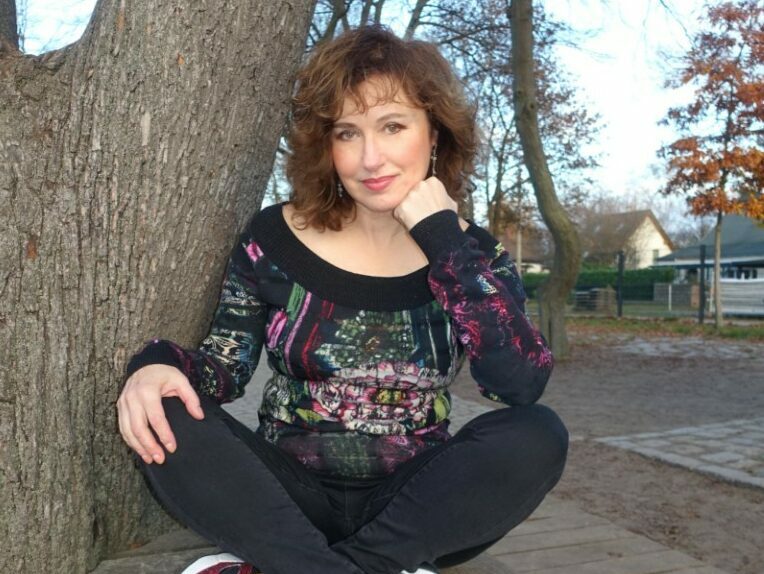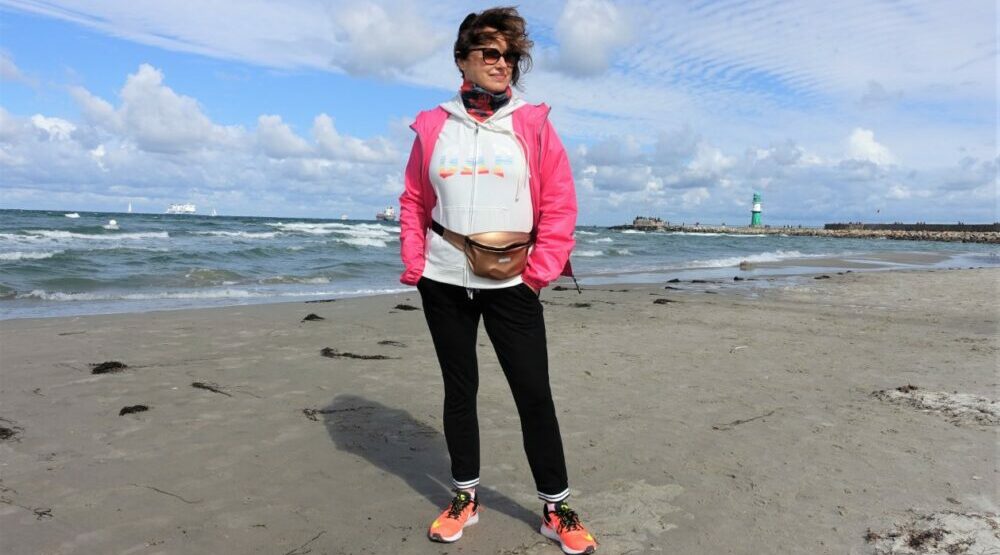Tag: Biohacking
Personalized Supplementation
Do you swallow dietary supplements because you may have heard or read about them? Do you even swear by it? That’s not entirely wrong.
The Whole Biohacking Scene Biohacking: optimize yourself! lives from it, literally. You only feel part of the scene when you have a considerable collection of Supplements.
It’s easy to lose track. The pharmacies and drugstores are full of such preparations, with different dosages and compositions. According to the latest studies, only 30% of the EU population eat healthily according to WHO guidelines. So that the majority does not or insufficiently.
The fact is that even with a healthy nutrition we are not sufficiently supplied with micronutrients and amino acids. Industrially processed foods, depleted soils, greenhouse effect in fruit and vegetable cultivation are some of the factors responsible. As a result, important elements for building and regeneration the body are missing. Also on a mental level.
50% of people do not feel sufficiently fit and mentally overwhelmed.
In an earlier post I wrote extensively about the meaning and benefits of dietary supplements.Nutritional Supplements—a smart addition!
- Let’s start with selenium. The agricultural soils are poor of it. Likewise the organic systems. The daily requirement of at least 50 mg selenium is not covered by this.
- Sun vitamin D is also found in foods only to a limited extent. This puts people in northern latitudes at a disadvantage during the winter months.
- Omega 3 fatty acids also develop their positive effect only in higher doses, which we cannot achieve with oil, nuts and fish.
- B vitamins need optimal absorption in the gastrointestinal tract, which is not always the case.
- “The King Vitamin” C loves freshness. It disappears within 40 minutes of cutting fruit and vegetables. Cooking can’t stand it at all. However, it is essential. In the Middle Ages, seafarers often lost their teeth due to shortages.
- Magnesium and zinc are also in short supply. Anyone who does not eat a pot of porridge every day is not optimally supplied.
- A lack of these substances causes discomfort, in the worst case it causes illness. With an adequate balance, however, health can be maintained and some diseases can even be cured. However, uncontrolled intake is wrong without knowing what you actually need. Here, too, every person is unique in their physiological constitution. In addition, there are various lifestyles and health conditions.
According to the differences, the addition of Supplements also depends on requirements and is variable. It is no coincidence that “Personalized Supplementation” or “PS” is the latest trend in health medicine.
This begins with a blood sample and the diagnosis of a possible deficiency. This is used to calculate your personal need for micronutrients and amino acids. Some practices/doctors and laboratories work hand in hand in this field. Some supplements companies offer individually composed granules.
Here are my 5 tips for optimal supply of PS agents:
1. Find certified practices specializing in Personalized Supplementation
2. First carry out a blood sample analysis, then create an individul supplement list with dosage information.
3. Take your Personal Supplements for 3-4 months
4. Blood sample check again
5. If there is an optimal supply and an improvement, continue to follow the individually created supplementation. An annual follow-up check should be made.
Voilà.
Bio-Age with Biohacking
Oh, the age… Most people dread the thought of getting older, gradually becoming frail and possibly needing help.
The image of dwindling fullness of life, limited mobility, chronic pain and possibly impending
loneliness is just buzzing in the mind. How old can we actually get? The science of epigenetics says
it can last up to 150 years. The reality looks different.
Most people want to stay healthy and productive for as long as possible. What resources are available for this, what is possible?
A network of people has been formed who are trying to answer these questions with their own experiences. They use the latest findings in medicine and science, experiment with themselves, and are a global community.
They call themselves biohackers and are constantly exchanging ideas. Biohacking means physical and
mental self-optimization by exploiting your existing potential. Biohacking: optimize yourself!
The key to success lies in the big magic five: S- E- R- E- S:
– Sports
– Eating (Food)
– Relaxation, which includes sleep and sex
– Environment
– Supplements
In the harmonious interaction of these areas, the biological age (bio-age) can be significantly influenced.
This can differ significantly from the calendar (chronological) age stated in the ID card. The findings on these basic building blocks are not new at all, but it is their conceptual synergistic composition and their routine application that make them so effective.
Two questions arise:
1. How old do you feel?
2. How old are you really?
Do you know people who are over 65 years old, full of energy and healthy, going through life with vigor? Have you met her before? These people have often unconsciously adhered to rules similar to those of biohacking throughout their lives.
Without a doubt, it takes effort and time to integrate these principles into daily operations. But it’s worth it!
I was infected by it a few years ago and feel like I belong to the scene. I would like to share with you my favorite daily routines that I have maintained to this day:
In the Morning:
1. 10 minutes of stretching and yoga elements immediately after waking up
2. Take a 30 second hot/cold shower
3. 10 minutes of Tai Chi outside, balcony/terrace
4. Late breakfast, from 10:30 a.m. (intermittent fasting for at least 16 hours)
Midday:
1. Lunch from 2:30 p.m. or skip it
2. 30 minute walk
3. 10 minutes of meditation and breathing exercises according to Wim Hof
4. 15 minute nap (be creative with how you do it)
At Evening:
1. A sports session for 45 min, dancing or yoga, as early as possible
2. Dinner no later than 6:30 p.m. or earlier if there was no lunch
3. A hot bath/shower
4. Relaxation before going to bed (around 11 p.m.): listen to podcasts/music, read a book or Netflix etc., always with blue light blocker glasses!
You can find out more about my nutrition My Anti-Aging Recipes — Fast and Healthy supplementation Nutritional Supplements—a smart addition! and other details in my ealier posts.
Voila!
True freedom comes from inner
Day in and day out we feel challenged, we are in demand and commited. We write to-do-lists, try to manage everything so as not to neglect this and that. Even recovery times are planned meticulously.
At the end of the day, we wonder if we really felt free, at least at times.
Free from challenges, desires and thoughts: this state of lightness and independence in absolute harmony with ourself and the moment. But something is always in the air. We never seem to get rid of it.
The good news is: we can keep it at a distance emotionally.
It’s not easy, but you can learn to face the circumstances of life with composure. Break free from your own desires and thoughts is a feat in comparison.
Our wishes and the thoughts associated with them are at the forefront. Desires ingenerel are not bad. If they advance us as a personality, expand our knowledge horizons or want to show someone our love, they are the lifeblood of our development.
On the other hand, there are wishes that should be questioned. Fears or the pursuit of fictitious values are often behind it, such as unnecessary possessions or wanting to impress someone.
What sets us free is our authenticity. It requires healthy self-love The power of self-love, it is also important to take our needs seriously, not always to be everybodys darling, to stand by our opinion, to be aware of our strengths and weaknesses. Because true freedom comes from inner!
Here’s my good 7-point plan to “break free”:
- Ask yourself the question every day: “Is this my life? Do I want it like this?”
2. Check your wishes for sustainability, discover “substitute wishes” and do without them
3. See what you can remove from your to-do-list forever
4. Create space for breathing and relaxation exercises. They help you see things from a different perspective.
Cold and Deep Breathing: 2 Keys to Staying Young
5. Your bed is the place for dreams and pleasures, not a planning and project center
6. Never neglect your true needs, look for ways to fulfill them
7. See yourself as a part of the universe that guides and protects you. It helps to let it go. Spirituality:Humbug or Hope?
Voila!
Spirituality – Humbug or Hope?
The term “spirituality” comes from the Latin word “spirit” – and means “spirituality” or “inner life”.
In our materialized life there is unfortunately little space for questions of spirituality, at most on days like before Christmas.
Nevertheless, it is expressed in different directions of belief: within a religion, a community of interests or in intellectual debates with the world and oneself.
The latter aspect is particularly interesting because it is about individual attitudes towards life and beliefs.
If the world around us is constantly changing and sometimes appears threatening to us, then it is high time for inner contemplation in order to find stability.
Believing in the higher meaning of creation and that we cannot control everything, we come to inner strength. It gives us strength to change things that we can change or to accept things that cannot be changed.
“You are what you think” – this is why “Mind Care” is so important to control of own thoughts! TAKE CONTROL OF YOUR THOUGHTS!
Spirituality brings inner serenity with it, which allows us to go through life more relaxed and joyful.
How does one come to an effective spirituality?
Here I’d like to share with you my 6 personal approaches to more spirituality in your life:;
- Connect yourself spiritually with something big – an idea, a movement, belief in a higher, protective power or in the eternal cycle of nature and so on …
2. Meditate regularly – ideally twice a day for 15 minutes, in order to be “in here and now” with yourself
3. Think “good” about yourself and other people, use positive thoughts like “I’m good enough” or “everyone tries their best”
4. Define difficult life situations as challenges, try to see opportunities and what you can learn from certain experiences
5. Find your own life vision and bring it to your mind as often as possible. This will help you to pursue specific goals and implement them.
6. Learn the gratitude – write every evening 3 things, you are thankful for.
I wish you much success!
Voilà!
Grow older – stay young!
“Forever young”—it’s a dream we all share.
Staying fit and healthy forever, moving painlessly, being mentally fit and capable of enjoying every aspect of life long into old age is what everyone wants.
But when it comes to aging, the question is whether we can influence the laws of nature—and if so, how much? And above all, how can we do it?
When I observe people over 70 from time to time, I notice some profound differences.
Some have plenty of energy and seem upbeat. For others, every step is a struggle against invisible obstacles.
When I speak with them, it’s obvious that they have very different attitudes about life.
The fit and healthy ones believe they have the power to influence the aging process. The skeptics say: “I’m too old for this and that, and I’ve just got to accept it. What can I do about it?” So they do nothing.
But there’s plenty of science to support those who refuse to resign themselves to the effects of aging, who want to attempt the impossible in order to achieve what’s possible.
Nowadays we have the opportunity to maximize our lifelong potential in ways that people couldn’t have imagined 40 or 50 years ago. Not to mention the improvements we can make to our quality of life along the way.
The magic word here is epigenetics, a term that describes how our lifestyles can affect our genes, including the ones that impact life expectancy.
There are plenty of examples of how older people can transform the challenges of aging into opportunities. Every year new methods and products come onto the market to help people optimize their health as they age. I’ve written a few posts on this topic, including How to stay young longer and How to lower your biological age.
In the meantime, here are 15 of my best tips for staying (biologically) young:
- Get 7 ½ to 9 hours of sleep per night (For hints on how to improve your sleep, see This is how to sleep well).
- For an energetic start to your day, do 10 minutes of movement/exercise after waking up in the morning.
- Take a 30-second cold shower every day.
- Try to leave a 16-hour interval between dinner and breakfast (See my post about the benefits of interval fasting).
- Do 5 minutes of movement per 1 hour of sitting.
- Nutrition: minimal amounts of sugar and simple carbs; lots of vegetables, fish, fowl, beans, and fruit in moderation. Red meat once a week. 2 to 2 ½ liters of water or unsweetened tea daily. My anti-aging recipes
- Allow 3-4 hours between meals—and avoid snacks! Eat dinner before 7pm.
- Take the nutritional supplements that are right for you. Nutritional supplements: a smart addition
- Walk for 30 minutes a day (at least); do your favorite sport/workout 2-3 times per week.
- Do 10 minutes of stretching or yoga every other day.
- Practice 15 minutes of meditation per day.
- Have sex regularly (at least twice a week). Live out your sexuality
- Maintain your social contacts.
- Before going to bed: read a book or listen to relaxing music. When watching TV, use blue light-blocking glasses.
- Go to bed before 11pm.
Set your sights on a long, healthy, fulfilling life!
Voilà!
Share this post
Nutritional Supplements—a smart addition!
Disclosure: This post contains affiliate links. As an Amazon Associate, I earn from qualifying purchases.
Staying young as you grow old doesn’t happen just like that. You have to work at it. But when you put in the effort, you can lower your biological age to the point where it’s well below the age written in your passport.
Along with a regular fitness routine, a healthy diet and getting enough rest, there’s another key component to lowering your biological age: taking nutritional supplements. In the biohacking world, supplements are a definite must!
Nutritional supplements don’t just support the body’s functional and regenerative capabilities. They can also help counteract the effects of aging. And some—like vitamin D in the winter—are indispensable.
Nutritional supplements include everything from multivitamins and skin-supporting substances like hyaluronic acid and collagen (which are naturally produced in the human body, but diminish with age) to newfangled plant extracts like fisetin and quercetin. Here you find my favorite product
The range of supplements on the market nowadays is as wide-ranging as it is confusing. Determining which ones are effective (and which aren’t) depends on your reasons for taking them.
When it comes to taking supplements and lowering your biological age, it’s important to focus on the following health goals:
- Preserving vein elasticity and cardiac performance
- Strengthening the bones and maintaining the functionality of the joints
- Counteracting micro-inflammations and rapidly disposing of bodily waste
Here’s a list of nutritional supplements I’ve had good experiences with—and noticeable positive results:
Daily:
- Spermidine (6mg)
- Selenium (50mg)
- Magnesium (400mg before going to sleep)
In alternating 4-week cycles:
- Omega-3 and -6 fatty acids
- Vitamin B, C, and E complex
- Glucosamine and chondroitin capsules
- Reishi mushroom capsules
- Ashwagandha capsules
- Quercetin capsules
- Amino Acids or Nucleotides
Once a month over 2 days:
- Fisetin (1500mg)
In the winter months, from November to May:
- Vitamin D (20mg per day), ideally in combination with vitamin K and calcium
Besides the supplements I’ve mentioned above, collagen is especially important, since it contains valuable components for skin, tendon and joint health. Due to its high protein content (9g per tablespoon of powder), collagen can be a healthy way to increase your daily protein intake: mix 1 – 2 tablespoons into soups or drinks as needed.
The same goes for CBD oil (a derivative of the cannabis plant that doesn’t contain any intoxicating chemicals), which is full of healthy vital substances and has a relaxing effect on the body. Take it as needed!
Voilà.
Share this post
Disclosure: This post contains affiliate links. As an Amazon Associate, I earn from qualifying purchases.
Cold and Deep Breathing: 2 Keys to Staying Young
Anyone who considers themselves a biohacker has taken an ice bath and is no stranger to the breathing methods of Wim Hof.
The concept of “cold” might not seem too tempting or seductive on the surface. The word conjures up images of icy Siberian winters and Arctic icebreakers. It even gives some people goose bumps.
At the same time, we have the cold to thank for beautiful, snow-covered winter landscapes—and for a delicious dessert we simply call “ice cream.”
When it’s cold, of course we feel cold. And we automatically long for warming rays of sunshine. Yet we actually need the cold to some degree.
It’s long been a scientific fact that cold temperatures have a positive stimulating effect on our health—and that they can slow the aging process. This is one of the key principles of biohacking.
Breathing is another key biohacking principle. Generally speaking, our breathing is too shallow and too quick. Especially in stressful situations. The result? An inadequate supply of oxygen to the body.
On the other hand, deep, slow breathing gives the body’s cells the necessary volume of “air to breathe.” Deep breathing also activates the vagus nerve, which is responsible for relaxation and restful sleep (two things that are more important to our health than ever in light of our current circumstances).
The Internet is full of recommendations for and examples of deep breathing exercises.
When it comes to deep breathing, I lean toward the methods of Wim Hof, which are firmly established in the biohacking scene.
Here are my “cold + breathing” tips for every day and everyone:
- After getting up in the morning, take a cold shower for at least 30 seconds. and/or
- Give your face an ice bath: take a deep breath and plunge your face into a bowl of cold water and ice cubes. Hold for 10 seconds. Repeat 3-4 times.
- Walk for 30 minutes every day, no matter what the weather.
- Swim in cold water (for advanced practitioners)
- Practice Wim Hof’s breathing methods twice a day:
Method #1
- Take 30 quick but deep breaths into the abdomen.
- After your last exhale, hold until the breathing reflex kicks in (that is, until you feel a strong urge to breathe)
- Inhale deeply into the abdomen, exhale, inhale again, hold your breath for 15 seconds, and exhale.
Method #2: “Anti-stress” or “anger-reducing” breathing exercise
- Inhale deeply into the abdomen, counting slowly to 7.
- Pause for 4 seconds. Purse your lips as if you’re going to whistle.
- Exhale slowly through pursed lips, counting to 10. Repeat 3 to 10 times (depending on your stress level).
Voilà.
Share this post
Our Inner Anchor
We’re living in an age where very few things last. Everything in our world seems to be in a constant state of flux, and it feels like we hardly have any influence over the way things keep changing.
By now, every one of us has had the experience of showing up at our favorite café only to discover that a casino (or something like it) has opened in its place.
The professional world has become more unpredictable, too. Not to mention our personal relationships: we make friends quickly, and we lose them just as quickly.
Even love has become interchangeable, thanks to so many online dating platforms where we can fulfill our every need. (If our partnerships are going through a rough patch, this can lead to more than a few surprises.)
On one hand, all of this fluidity is a sign of progress. On the other hand, it seems like most of the familiar and reliable things in our lives are disappearing.
In the face of so much change, it’s easy to lose our bearings and feel as vulnerable as a tiny boat in a stormy ocean. In this case, we either need nerves of steel or a “nothing really matters” attitude—or both.
However, there’s one constant that remains in the midst of this fragile scenario: you.
Ultimately, you’re the one who takes care of yourself over the course of your life. You’re the one who carries yourself through all of life’s twists and turns. Only you can take responsibility for the ups and downs in your life!
And no one can take this responsibility away from you. This is why it’s so important to create a stable, resilient psychological core, to build and maintain what I call an “inner anchor.”
When you have an inner anchor, the changes and upheavals you’ll inevitably face in your life don’t throw you off track.
What exactly is an inner anchor—and what does it consist of?
From my point of view, it consists of three key components:
- The ability to accept things as they are
- The ability to let things go
- A healthy amount of self-love
When you build these three attributes, you improve your ability to cope with your external circumstances, no matter how serious they seem. You adopt an “it-is-what-it-is” attitude: if you can’t change your circumstances, then you learn to face them with calm and acceptance.
So what can you do to strengthen your inner anchor? Here are some powerful tools and exercises that I use:
- Meditate at least 15 minutes a day—to create distance from your surface thoughts and connect with your true self.
- If you perceive a problem in your life, acknowledge its right to exist.
- Explore 3 possible solutions to this problem, and choose the one with the greatest long-term implications.
- If you can’t solve the problem, let it be, and observe what happens as though you’re a spectator at a play.
- Be conscious of your inner dialogue, taking care to focus on your freedom and independence. TAKE CONTROL OF YOUR THOUGHTS!
- Look at yourself and your life in the context of the larger universe. This helps bring your ideas and assumptions into perspective.
Voilà!
Share this post
Stay young longer — with biohacking!
People often ask me what biohacking actually is.
To put it simply, it’s a movement whose goals go way beyond the idea of leading a “healthy lifestyle.”
Biohacking started over ten years ago among groups of young scientists and students in California, who began to systematically evaluate their physical, spiritual, and emotional health, as well as analyze their living conditions and environment. Their goal? To maximize individual performance and increase overall well-being.
In a nutshell: biohacking is about self-optimization. Finding the best version of yourself!
It incorporates the latest scientific and technological advances in the fields of health and wellness, developing them further and applying them in a practical context.
In other words, biohacking is an effective and applicable set of science-based practices that generate real results—and are easily adaptable to each person’s needs and goals.
Given its effectiveness, the number of biohacking enthusiasts around the world is growing steadily. I’m one of them.
Maximilian Gotzler, the founder of FlowGrade, is the most well-known biohacking advocate in Germany.
Although most people who practice biohacking are relatively young, the methods are particularly useful when it comes to anti-aging.
Anyone who commits to the principles of biohacking and adjusts their daily routine accordingly has a good chance of staying healthy and supple — i.e., young — for a longer period of time!
Fortunately, the practices are easy to integrate into everyday life and require just one thing: consistency!
What’s important to keep in mind: Movement, nutrition, and relaxation have an enormous influence on your health, performance, and biological age. Biohacking integrates specific recommendations in each of these key areas that significantly increase your likelihood of achieving successful results.
With that in mind, here are my 10 essential biohacks that everyone can start with:
- Take a cold shower for approximately 30 seconds every morning.
- Spend one hour a day outside, i.e. in natural sunlight.
- Work out to the point of sweating at least 3 times per week.
- Take 5 deep belly breaths at least three times a day. Meditate for 15 minutes a day, ideally before going to bed.
- Eat as little sugar and carbohydrates—like pasta, rice, and potatoes—as possible. Substitute them with vegetables and protein-rich foods. Drink 2.5 liters of water per day. Depending on your individual needs, take nutritional supplements.
- Wear blue light-blocking glasses in the evenings, and turn off all screens 1 hour before going to bed.
- Take 400mg of magnesium every evening. This relaxes the muscles and improves sleep quality.
- Practice interval fasting—allowing at least 16 hours between dinner and breakfast the next morning—at least 3 times per week.
- Have sex frequently.
- Get at least 7.5 hours of sleep every night – 9 hours are even better! Your bedroom should be absolutely dark (use sleep-mask), noiseless and have the temprerature about 16-18 degrees. (How to sleep better)
Voilà!
Share this post

